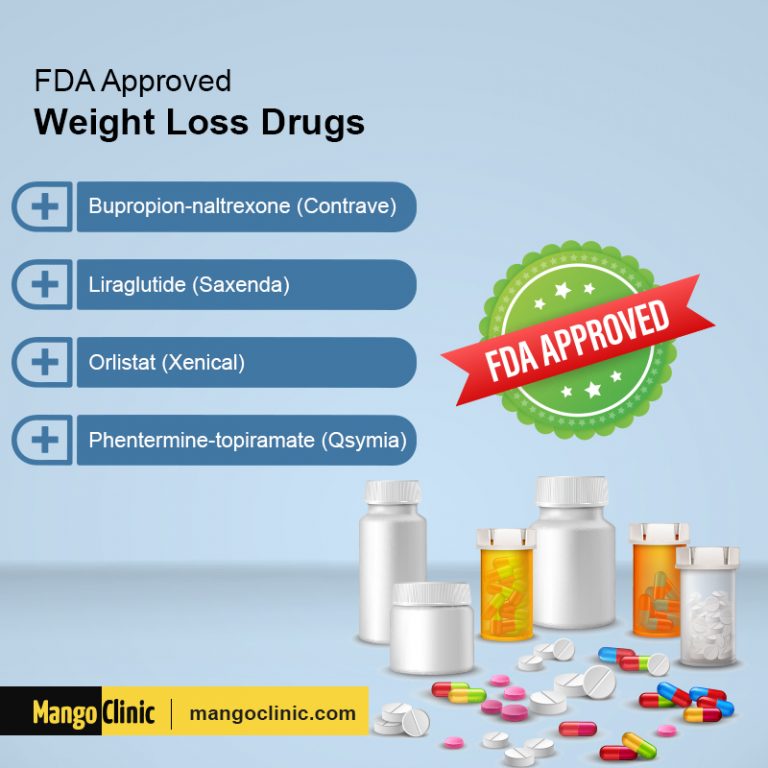The development of weight loss drugs, especially the class known as GLP-1 receptor agonists like Wegovy, Mounjaro, and Zepbound, has generated tremendous excitement. These drugs show the potential to help many individuals struggling with obesity—something previously deemed incredibly difficult to tackle. However, as the availability of these medications grows and their costs drop, we are forced to ask: Are these medications truly a breakthrough in the fight against obesity? Or could they be a shortcut that ignores the deeper, more complex causes of the problem?

The Promise and Potential of GLP-1s
If you’re not familiar with GLP-1s, these are hormones that help regulate insulin release and, importantly, control appetite. GLP-1 drugs like Wegovy (a re-dosed version of Ozempic, originally a diabetes medication) work by sending a signal to the brain that says, “I’m not hungry anymore.” The results are impressive—Wegovy has been shown to reduce body weight by 14.9% after 68 weeks, and Mounjaro prompted a 19.5% weight loss after 72 weeks.
As the development of these drugs accelerates, experts are optimistic about their future. “Many of us are pleasantly surprised that we’re poised to achieve up to 25% weight loss in many people with the new medicines under development,” says Dr. Daniel Drucker, a Canadian endocrinologist whose pioneering work laid the groundwork for these drugs. And that’s not all: clinical trials are now suggesting that GLP-1 drugs could have benefits far beyond weight loss, including cardiovascular health, neurodegeneration, and even addiction treatment.
This explosion of innovation has led to a surge in the weight-loss industry, expected to surpass £80bn by 2030. However, with this rapid growth comes the challenge of meeting skyrocketing demand—especially when pharmaceutical companies like Novo Nordisk are struggling to produce enough to satisfy both new users and those in critical need.
Limitations and Risks of GLP-1 Drugs
While the appeal of weight-loss medications is undeniable, they are not without their drawbacks. Currently, GLP-1 drugs like Wegovy and Mounjaro are only available as weekly injections. For some, the thought of regular injections is off-putting, though pharmaceutical companies are working to create oral forms of these medications. Novo Nordisk and Eli Lilly have already developed oral versions for type 2 diabetes, with weight-loss pills expected to follow soon.
However, there’s a catch—oral versions of GLP-1 drugs must be taken on an empty stomach to ensure they are absorbed properly, which complicates the convenience factor. Furthermore, while these drugs have shown promise in the short term, they’re not a permanent solution. Many patients report that the drugs only work while they are actively taking them. Once discontinued, the weight often returns, highlighting the importance of lifestyle changes alongside medication.
There are also significant side effects, such as nausea, and concerns that using these drugs might exacerbate eating disorders like anorexia—especially among vulnerable populations like teenagers. The availability of these drugs online, often without a prescription, adds to the potential risks, as they may be misused or purchased without proper guidance.

Real-World Experiences: Who’s Using These Drugs?
For many people, GLP-1 drugs are a last resort after years of unsuccessful weight loss attempts. Take Micha, a 45-year-old finance worker from London, who struggled with weight fluctuations since his teens. After five months on Wegovy and a few months on Mounjaro, he’s dropped from 17st to 14st 11lb. He even completed a half marathon and hopes to shed another 30lb.
Similarly, Neil, a 61-year-old from the Scottish Borders, started taking Mounjaro after reaching 21st. After seven months, he had dropped to 17st, and though the drugs are expensive at £200 per month, he sees remarkable improvements in his overall health—blood pressure has lowered, osteoarthritis pain has decreased, and his sexual function has improved. Despite this, he acknowledges the financial burden and wishes the NHS would cover the medication.
Graham, 40, has also found success with Mounjaro. After switching from a processed-food-heavy diet to a more whole-food-based approach, including scrambled eggs for breakfast and cutting out snacks like chocolate, he has dropped from 20st to 18st. The most surprising change for him, however, is the mental shift—he no longer craves comfort foods and is motivated to hit the gym, creating an upward spiral of healthier choices.
The Role of Diet and Environment in Weight Loss
While medications like GLP-1 drugs are making a difference, they are not a magic bullet. Diet and environment still play crucial roles in weight management. Many people, including Graham, have learned to make healthier food choices, switching from high-calorie processed foods to more whole foods like fruit and vegetables. However, as we explore his diet, it’s clear that the standard Western diet, laden with sugary snacks and processed meals, is part of a much bigger issue.
“The food environment we live in is built around convenience,” says Clare Llewellyn, a professor at UCL. “The food industry is pushing ultra-processed products that make unhealthy eating the easy option.” This environment—combined with advertising, social pressures, and economic factors—has made unhealthy food choices ubiquitous.
While GLP-1 drugs help manage weight once obesity has set in, they cannot prevent it from happening in the first place. As Llewellyn notes, “Obesity develops from a complex mix of genetic, social, and economic factors,” and these drugs should be used as a treatment—not a preventative measure.
The Bigger Picture: Can We Solve Obesity as a Society?
The success of GLP-1 drugs in weight management represents a significant shift in how we approach obesity. But we must ask: What happens if we rely on medication alone? There’s a risk that these drugs could become a crutch, encouraging us to avoid addressing the deeper societal issues that contribute to obesity, such as junk food advertising, food deserts, and access to healthy eating options.
Dr. Nicholas Syhler, who helped develop Ozempic, warns that without addressing these environmental factors, weight-loss drugs could lead to “super-powered yo-yo dieting”, where people constantly cycle through weight loss and gain. “We need to use these drugs temporarily to create a window of opportunity for behavioral changes,” he emphasizes.
The Future of Weight Loss Medications
Looking ahead, the future of weight loss medications could involve more sustainable solutions, such as Elcella, a new drug that targets gut hormones to regulate appetite, or MariTide, which may offer weight loss with fewer injections. These promising treatments could help reshape the way we approach obesity, but they won’t solve the problem on their own.
As the field advances, it’s essential that we continue to push for a broader societal approach to obesity. “We need to treat obesity as a societal issue,” says Professor Yeo, “not just a personal one.” From policy changes to healthier food environments, we must tackle the root causes of obesity while utilizing GLP-1 drugs as part of a comprehensive solution.
In the coming years, we may look back on these drugs as a revolutionary development in weight management. However, their potential will only be fully realized if we commit to combining pharmacological interventions with lifestyle changes—and addressing the larger environmental factors that continue to fuel the obesity epidemic.